Time:
It is reported that Hurricane Milton has struck Florida, USA. Its immense power can destroy many things. Therefore, we must remind local residents to take precautions seriously and ensure they are well-prepared. We also wish them safety during these difficult times.
After a storm, cities are often left in ruins. In such cases, we must consider how to handle the waste generated. In the United States, it is typically the responsibility of the Environmental Protection Agency (EPA) and the Federal Emergency Management Agency (FEMA) to clean up debris caused by hurricanes. However, the impact of a hurricane can be enormous, producing over 10 million cubic meters of waste in a single city. This waste includes a wide variety of materials, and often, a significant amount of medical waste, such as needles, syringes, bandages, and so on.
In our common understanding, natural disasters are often associated with being "unclean." Clearly, these wastes are mixed with various sewage and chemical substances, making it difficult to separate them from regular trash, which leads to them being potentially infectious. This is why people often say that "a major epidemic follows a major disaster."
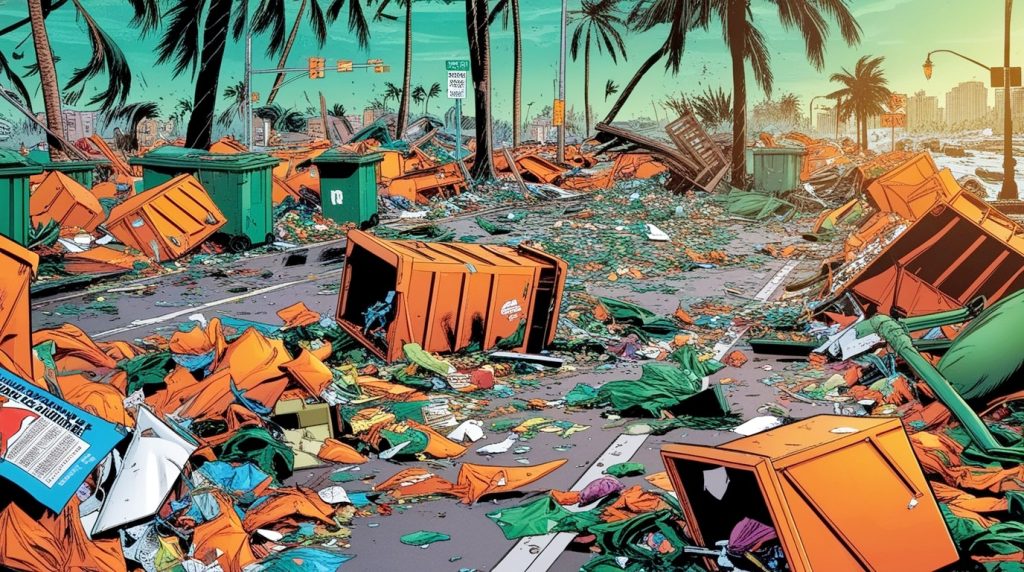
Preparing for a hurricane before it hits is extremely important. Equally important is the city's maintenance after the hurricane. Therefore, before a hurricane arrives, it's crucial to use high-efficiency disposal equipment to process any temporarily stored medical waste, minimizing the impact of the hurricane on such waste. Furthermore, we must carry out professional treatment of city waste after the hurricane has passed. For example, microwave sterilization technology can be used to render severely contaminated waste harmless.
In response to such scenarios, LI-YING offers a specialized line of medical waste disposal equipment designed for disaster situations: our MDV series. The new MDV LYC-5180 model is a mobile medical waste microwave disposal unit, equipped with its own generator and water tank. It has the ability to crush and sterilize 300kg of waste per hour. Its flexibility allows it to be started and stopped as needed, making it ideal for post-hurricane situations!
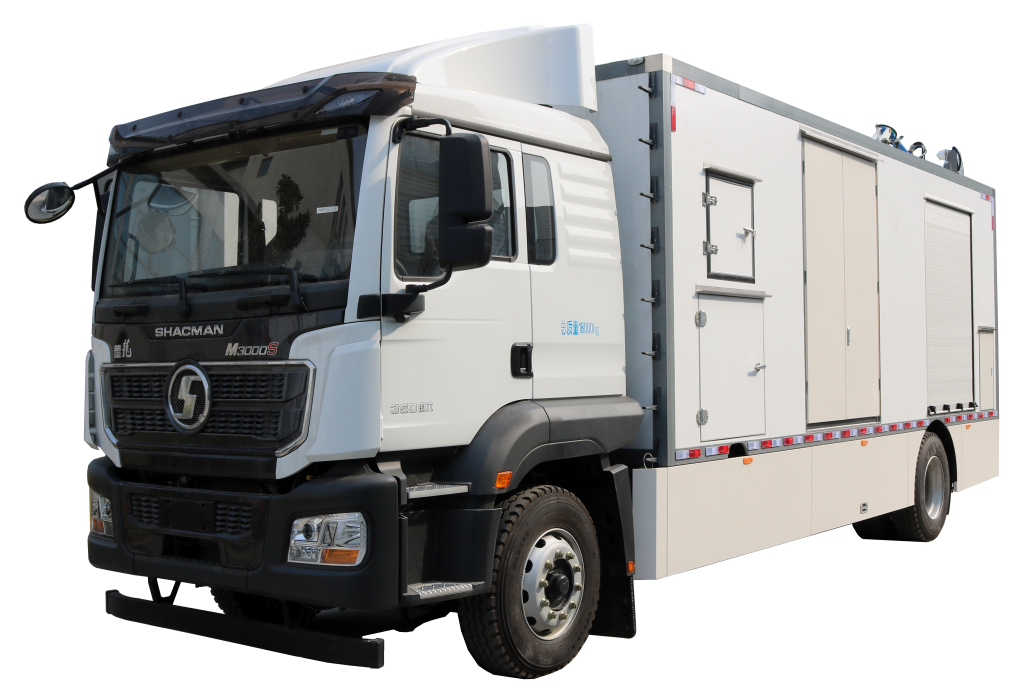
Of course, our MDV series also includes other models, such as the 5120 and 5150 units. These have lower disposal capacities compared to the 5180 but can still handle 60kg to 180kg of waste per hour. However, they need to be used in conjunction with LI-YING’s generator trucks. LI-YING has developed equally flexible generator trucks for the 5120 and 5150 series, ensuring that the MDV units can operate at any time, even in areas where power outages occur post-disaster.
Choosing LI-YING’s MDV series is like choosing an insurance policy for disaster response! You can follow our video channel to watch more!
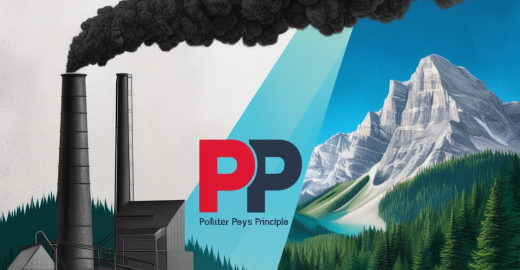
What is the Polluter Pays…
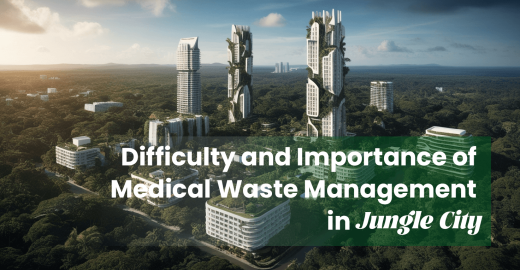
Forests and wetlands are …
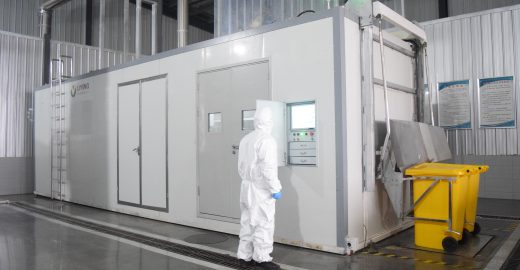
Of course! LI-YING has ex…
PDF Request